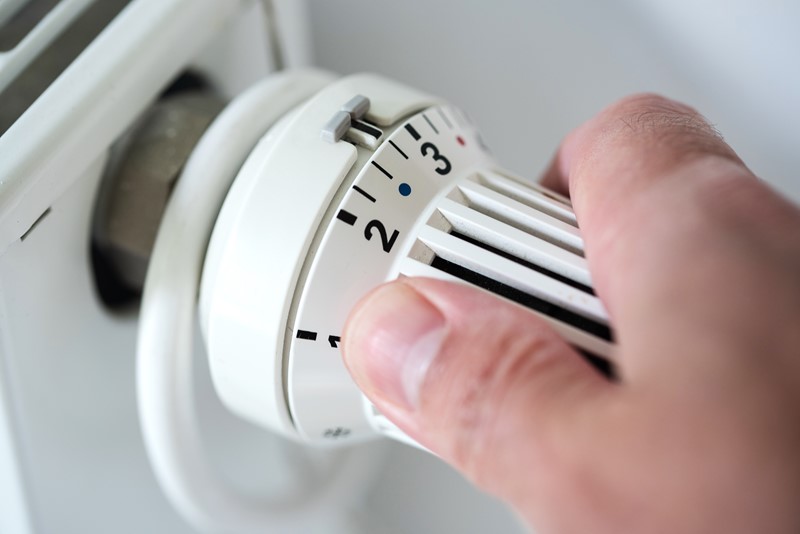
by | Jan 8, 2026 | Income Tax
HMRC’s figures show thousands of taxpayers are filing over the festive period, but leaving your return until late January risks penalties, stress and avoidable payment problems. A new press release by HMRC has highlighted that 4,606 taxpayers took the time to...

by | Jan 2, 2026 | Income Tax
Are you ready for Making Tax Digital for Income Tax (MTD for IT)? This new way of reporting will become mandatory in phases from April 2026. If you are self-employed or a landlord earning over £50,000, now is the time to prepare for digital record keeping,...

by | Jan 2, 2026 | Income Tax
With the 31 January deadline approaching, thousands of taxpayers are using HMRC’s Time to Pay service to spread the cost of their self-assessment tax bill rather than facing immediate payment pressure. HMRC has reported that thousands of people have set up...

by | Dec 18, 2025 | Income Tax
Students that work may need to pay Income Tax and National Insurance. Employers are required to calculate the amount of tax they need to pay on the basis that the students would be working for the rest of the tax year. This means that an overpayment of income tax can...

by | Dec 11, 2025 | Income Tax
The government announced at Budget 2025 that dividend income, property and savings income, will be subject to new tax rates. These changes will be legislated for through the Finance Bill 2025–26 and will be phased in between April 2026 and April 2027. Dividend...

by | Dec 11, 2025 | Income Tax
The June 2025 reforms introduce a £35,000 income limit for keeping the Winter Fuel Payment, with HMRC recovering the payment from those above the threshold. The WFP is a tax-free payment provided by the government to help older people keep warm during winter....









 Client Portal
Client Portal